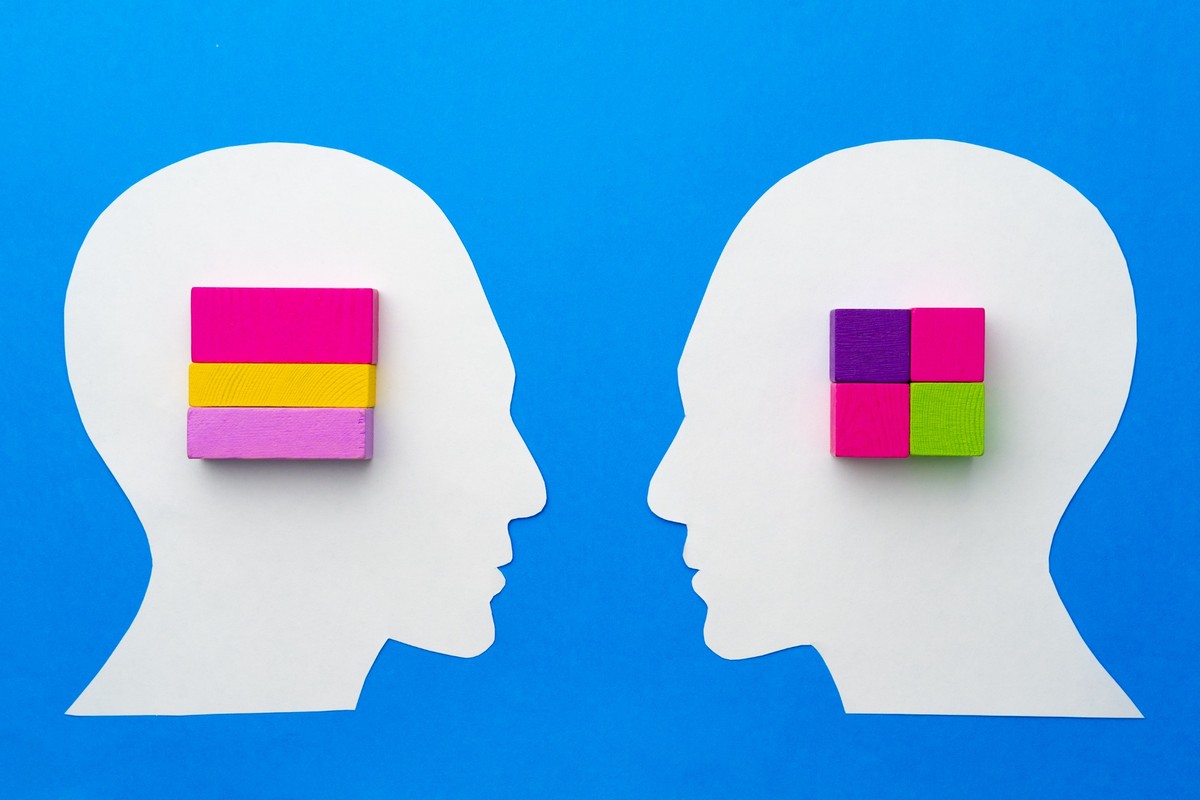.jpg)
How Group Therapy Creates Connection and Reduces Isolation in Recovery
Recovery can feel lonely. Many individuals struggling with addiction or mental health challenges carry a deep sense of isolation—believing no one else understands what they’re going through. Group therapy provides a powerful antidote to that loneliness. By creating a safe, supportive space to share experiences, group therapy helps individuals build connection, reduce isolation, and strengthen their recovery journey.
What Is Group Therapy?
Group therapy brings together a small group of individuals with similar struggles, guided by a trained therapist. Sessions are structured but flexible, allowing participants to share their stories, practice new skills, and support one another’s progress.
At Spark Wellness, group therapy is included in both PHP and IOP programs, ensuring clients benefit from peer support alongside individual counseling and other therapies.
Why Connection Matters in Recovery
Isolation is one of the biggest barriers to recovery. Without support, individuals may feel overwhelmed, misunderstood, or tempted to return to old patterns. Group therapy counters this by offering:
- Shared understanding – Hearing from others who have faced similar struggles reduces feelings of shame.
- Peer encouragement – Seeing others make progress provides hope and motivation.
- Accountability – Group members help one another stay on track with recovery goals.
- Skill practice – Groups provide a safe place to practice communication, boundary-setting, and coping strategies.
This sense of belonging can make the difference between giving up and pressing forward.
Group Therapy for Addiction and Mental Health
Group therapy is versatile, making it effective for both substance use and mental health concerns. Topics often explored in group sessions include:
- Managing cravings and triggers
- Coping with stress and anxiety
- Improving emotional regulation
- Rebuilding relationships and trust
- Processing trauma and grief
- Developing healthy routines
By addressing these shared challenges in a collective setting, participants realize they are not alone—and that healing is possible.
Building Confidence Through Community
Many clients initially feel hesitant to join a group, worrying about judgment or vulnerability. Yet over time, most discover that the group becomes one of the most impactful parts of treatment. Speaking openly, listening without judgment, and receiving feedback builds confidence that extends far beyond the therapy room.
Connection as the Key to Recovery
Recovery is more than breaking free from substances or stabilizing mental health—it’s about building a meaningful life with support and connection. Group therapy helps individuals rediscover their sense of belonging, proving that healing doesn’t have to happen alone. At Spark Wellness, we believe group therapy is one of the most valuable tools for long-term recovery.
Recovery articles for you

Anxiety vs Depression: How to Tell the Difference and Why It Matters for Treatment

When Weekly Therapy Isn’t Enough: Signs You May Need a Higher Level of Mental Health Care



